
Coenzyme Q10
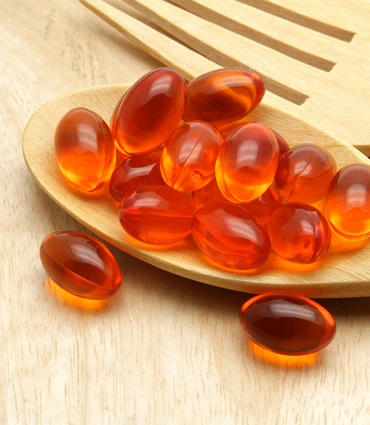
Description
Coenzyme Q10 plays a fundamental role in the generation of cellular energy by the mitochondrial respiratory chain; it is also an important antioxidant that protects the body from oxidative stress linked to the production of free radicals.
This molecule is described as "ubiquitous" because it is present in all the cells of the human body.
After the age of 40, the risk of coenzyme Q10 deficiency increases as our body begins to lose its ability to synthesize and absorb it from the food chain.
Several factors are responsible for this decrease in coenzyme Q10 levels in the body: age, insufficient dietary intake, stress, or even infections.
Although this molecule is naturally present in many foods, the highest concentrations of coenzyme Q10 are found in meat and fish. The average daily dietary intake of coenzyme Q10 is estimated at around 10 mg, which is a long way from the 100 mg per day that many studies have shown is necessary to meet the body's needs. However, the current diet alone cannot provide this necessary dose.
Coenzyme Q10 exists in two forms:
- Ubiquinone : oxidised form, which participates in mitochondrial cellular energy metabolism and in the synthesis of ATP (adenosine triphosphate).
- Ubiquinol : reduced form, also essential because it guarantees the antioxidant function of coenzyme Q10.
Depending on the needs and the location (blood and lymph for ubiquinol, mitochondria for ubiquinone), each form will have a specific action: protection of membranes and lipoproteins from oxidation for ubiquinol, mitochondrial function and ATP production for ubiquinone. After absorption, coenzyme Q10 switches from one form to the other, i.e. from the ubiquinone to the ubiquinol form, which is why the benefits of supplementation are comparable. However, the ubiquinol form has the advantage of significantly increasing the bioavailability of coenzyme Q10. This property is useful in cases of disturbed intestinal absorption, more specifically in the elderly, in cases of chronic inflammatory bowel disease (IBD) and in cases of imbalance of the intestinal flora.
The benefits
- Antioxidant function: coenzyme Q10 is a powerful antioxidant of lipoproteins in the blood. The aging process is fundamentally influenced by coenzyme Q10, which prevents the formation of free radicals.
- Energy: Coenzyme Q10 plays a crucial role in the production of energy in the cells, which means that physiologically it is essential for the maintenance of good health. Furthermore, in the context of sports, coenzyme Q10 improves physical performance and facilitates recovery after exercise.
- Heart and cardiovascular health: Coenzyme Q10 deficiencies have been scientifically documented in cases of hypertension, heart failure and in hypercholesterolemic individuals on statin therapy. There is strong scientific evidence that coenzyme Q10 supplementation improves heart function.
THERASCIENCE special features
For better bioavailability, the THERASCIENCE Laboratory has chosen to use chromium in its picolinate form, which is more easily assimilated by the body.
For more information, click on Kaneka Ubiquinol™.
Our products based on Coenzyme Q10
-
€12.50
-
€42.50
-
€25.20
-
€34.90
-
As low as €24.50In stock
-
As low as €28.70In stock
-
As low as €30.80In stock
-
€62.00
-
€109.00
-
As low as €26.30In stock
-
€30.80
-
€56.00
-
€45.90











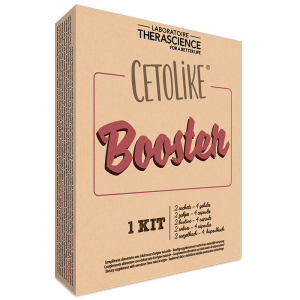
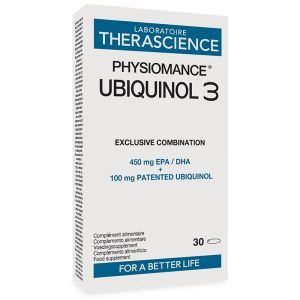

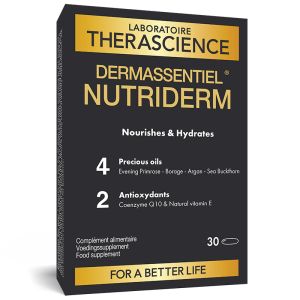
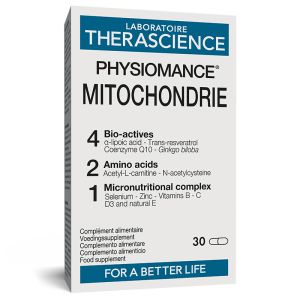
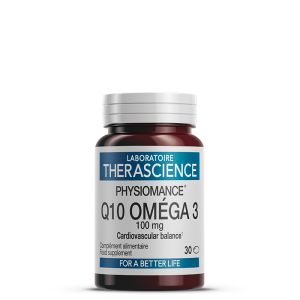
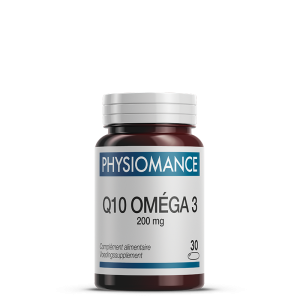
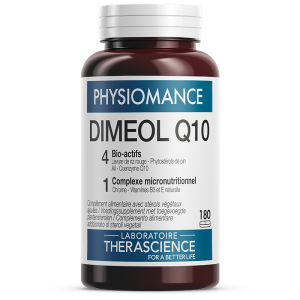
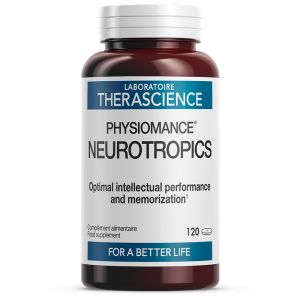
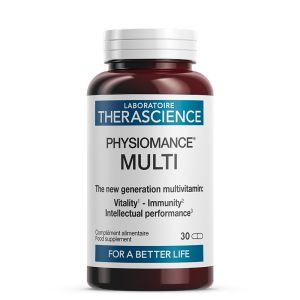
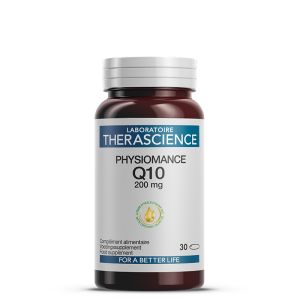
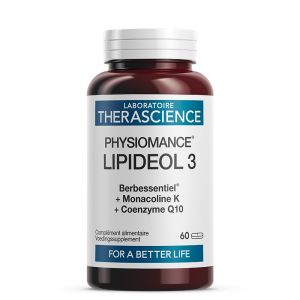

Recommandé par mon médecin, je l'utilise régulièrement, avec de tvoir plus
Avis du 28/09/2024, suite à une expérience du 11/09/2024 par Silvia S